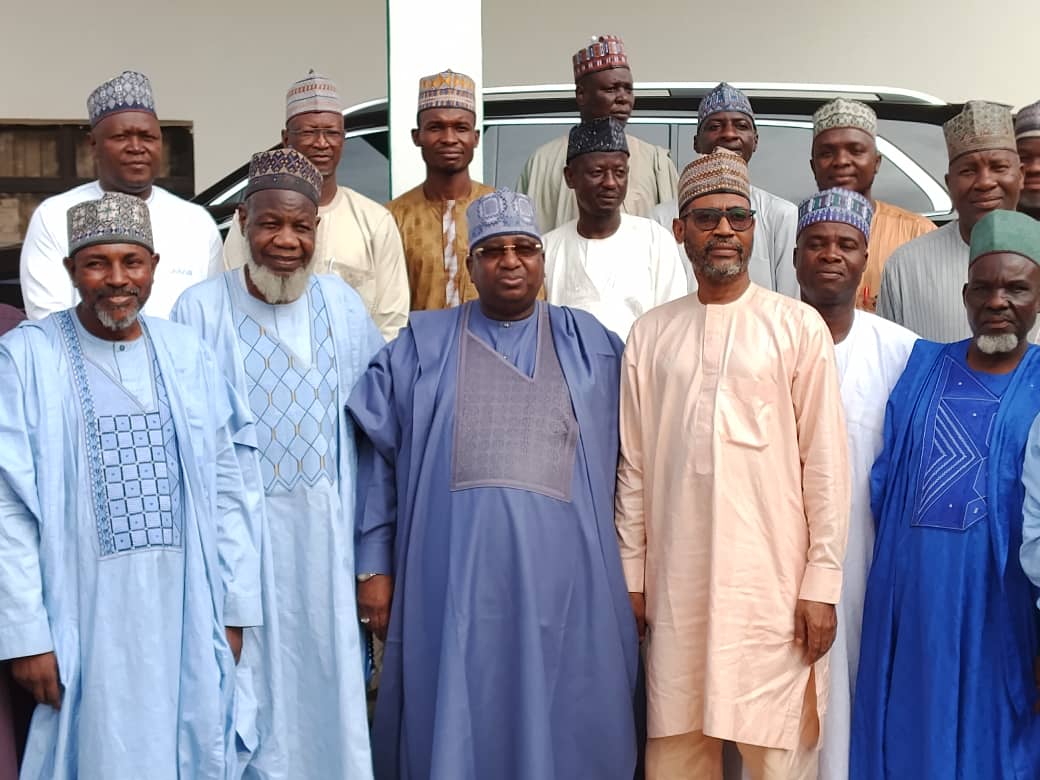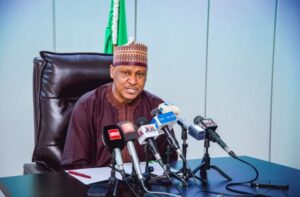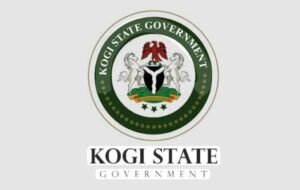Governor of Kebbi State, Nasir Idris has directed the immediate reintroduction of history lessons in all primary and secondary schools across the state.
The directive was issued on Tuesday following a courtesy visit by the Kebbi State Scholars Association to the Government House in Birnin Kebbi.
During the visit, a delegation comprising over 30 professors and senior lecturers of Kebbi origin, representing various academic disciplines, engaged with the Governor on the need for stronger collaboration between academia and government to drive development.
Dr. Mansur Abubakar Warrah, a Senior Lecturer of History, Culture, and Religious Movement at the Federal University Dutsinma, specifically appealed to the state government to reinstate history in the school curriculum. He emphasized the role of history education in preserving cultural values and addressing societal issues such as insecurity and youth moral decline.
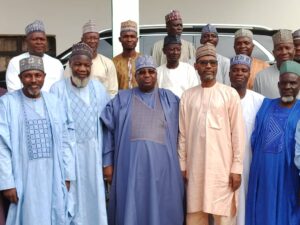
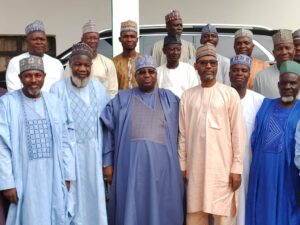
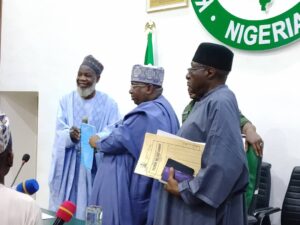
“Learning of history has the tendency to reduce the incidence of insecurity in society because our children will be free of corrupt foreign cultural incursions,” Dr. Warrah said.
Read Also
- Kebbi Gov Commends Security Agencies, Pledges Sustained Support in Fight Against Banditry
- Kebbi Govt donates Six vehicles to Hisbah, Zakkat Boards
- Governor Idris approves N283M for rehabilitation of Kebbi printing press
- Indian University confers Honorary Doctorate Degree on Kebbi State Governor Nasir Idris
He added that teaching history would promote values like decency, good manners, and civic responsibility among young learners.
Governor Idris acknowledged the value of history education and immediately ordered the state’s education authorities to implement the recommendation. He added that his administration has rehabilitated more than 2,000 schools, built 346 new ones, and recruited 2,000 qualified teachers to bridge staffing gaps.
The Governor also highlighted recent reforms, including a new law that raised the retirement age for teachers from 60 to 65 years and extended years of service from 35 to 40.
Professor Dahiru Muhammad Argungu, Chairman of the Kebbi Scholars Association, led the delegation and praised the Governor’s responsiveness. He described the Association as a unique body representing over 1,000 members, including professors and senior lecturers, committed to working with the government on challenges related to education, governance, innovation, agriculture, and health.
The visit concluded with a mutual commitment to closer collaboration between the state government and the academic community for sustainable development.

